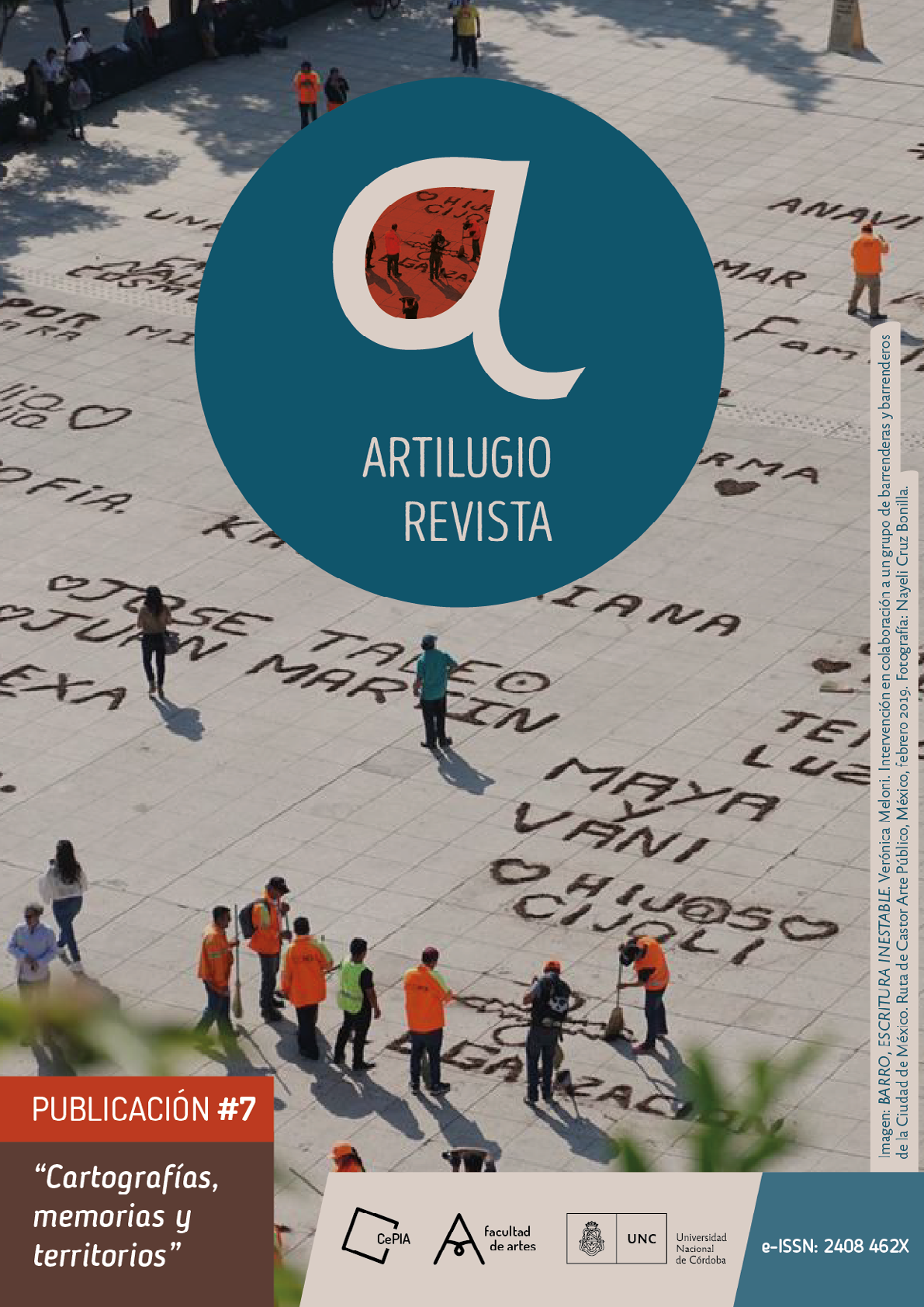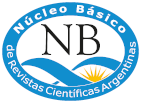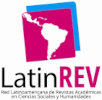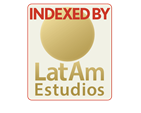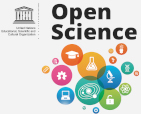Body, territory and memories in Light Years Away by Edurne Rubio
DOI:
https://doi.org/10.55443/artilugio.n7.2021.34552Keywords:
Scene, Body, Territory, MemoryAbstract
Faced with a notion of territory as a mere space to be mapped and cataloged, Light Years Away (Rubio Barredo, 2016) proposes an imaginary territory that refers to a physical space, the Ojo Guareña caves in Burgos, as a contender for material and symbolic constructions. This piece develops the connection between body, territory and memory from the testimonies of a group of speleologists, who more than forty years after their first explorations, visit the caves together and remember their youthful days, coinciding with the end of the dictatorship in Spain. The analysis points out the aesthetic procedures with which the work is constructed, at the same time that it dialogues with some of the current discussions in the field of history and critical geography. On the one hand, orality stands out as a resource to recover a polyphonic account of history following the contributions of Silvia Rivera Cusicanqui; and on the other, from the theoretical framework of Latin American feminist geography, it values the embodied territory and validates the knowledge of lived experience. The study, more generally, points out the capacity of artistic practices to contribute to reflection and the dissemination of knowledge, in dialogue with political issues that contemporary affect us.
Downloads
References
Didi-Huberman, G. (2012). La supervivencia de las Luciérnagas. Madrid: Abada
Espeleología (2021, 26 de febrero). En Wikipedia. Recuperado el 2021, 04 de julio de https://es.wikipedia.org/w/index.php?title=Espeleolog%C3%ADa&oldid=133550876.
Jelin, E (2007). La conflictiva y nunca acabada mirada sobre el pasado. En M. Franco y F. Levín (comp.), Historia reciente: perspectivas y desafíos para un campo en construcción (pp. 307-340). Buenos Aires: Paidós.
Mignolo, W. (2002). El potencial epistemológico de la historia oral: algunas contribuciones de Silvia Rivera Cusicanqui. En Estudios y otras prácticas intelectuales latinoamericanas en cultura y poder. Buenos Aires: CLACSO. Recuperado el 2021, 1 de marzo de http://bibliotecavirtual.clacso.org.ar/clacso/gt/20100916024619/18mignolo.pdf.
Montaña, E. et al., (2005). Los espacios invisibles: Subordinación, marginalidad y exclusión de los territorios no irrigados en las tierras secas de Mendoza, Argentina. Región y sociedad, 17(32), 03-32. Recuperado en 2021, 20 de agosto, de http://www.scielo.org.mx/scielo.php?script=sci_arttext&pid=S1870-39252005000100001&lng=es&tlng=es
Perec, G. (2008). Lo infraordinario. México: Verdehalago.
Rivera Cusicanqui, S. (1987). El potencial epistemológico y teórico de la historia oral: de la lógica instrumental a la descolonización de la historia. Temas Sociales, 11, pp. 49-64.
Rubio Barredo, E. (2016). Light Years Away [audiovisual]. Kortrijk, Bélgica: Kunstenwerkplaats Pianofabriek / Beursschouwburg, Kunstencetrum BUDA.
Sánchez, J. A. (2012). Prácticas de lo real en la escena contemporánea. México: Paso de Gato.
Zaragocin, S. y Caretta, M. A. (2020). Cuerpo-Territorio: A Decolonial Feminist Geographical Method for the Study of Embodiment. Annals of the American Association of Geographers, 111(5). Recuperado el 2021, 1 de marzo de DOI: 10.1080/24694452.2020.1812370.
Downloads
Published
Issue
Section
License
Copyright (c) 2021 Diana Delgado-Ureña Diez

This work is licensed under a Creative Commons Attribution-NonCommercial-ShareAlike 4.0 International License.

